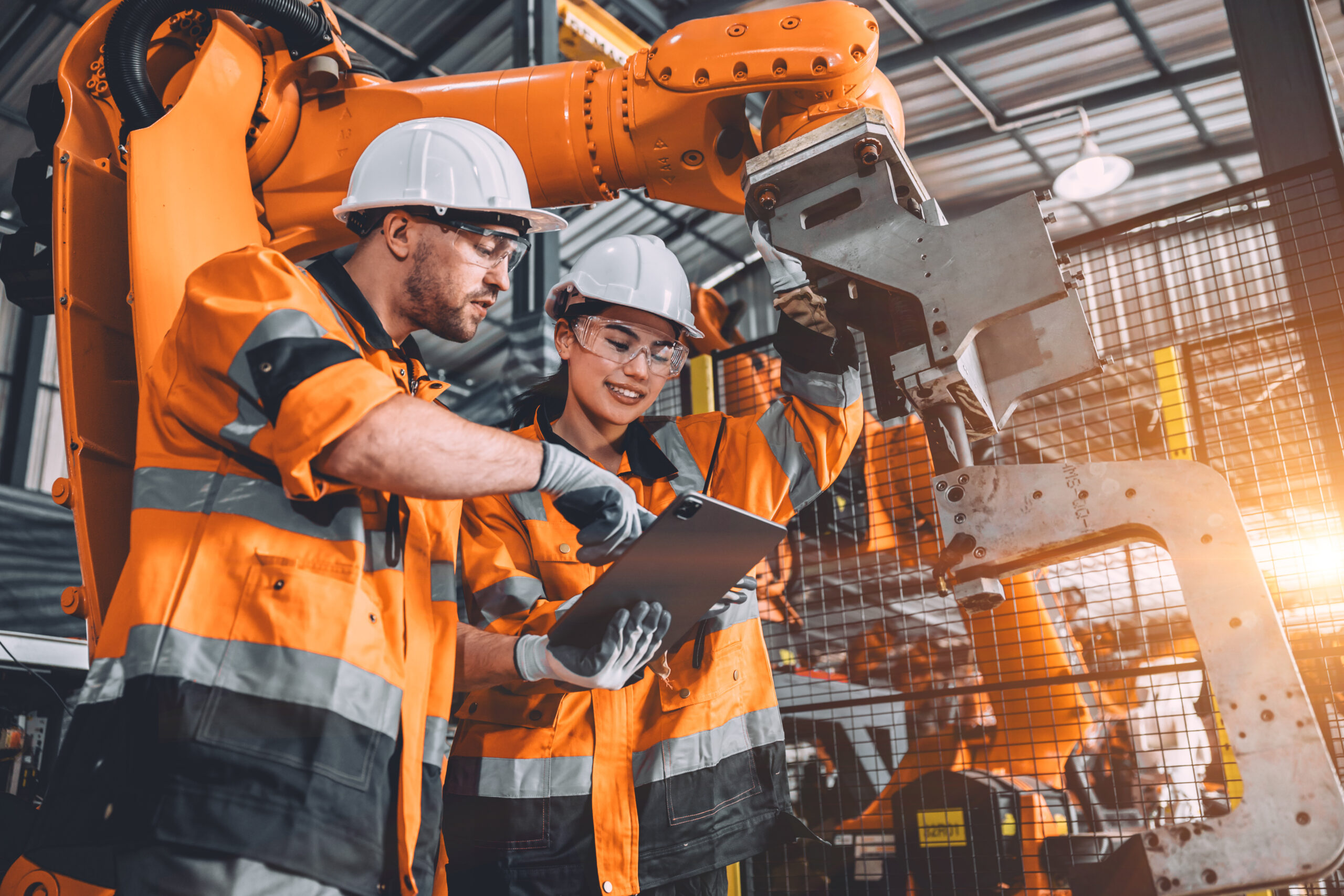Tech Can Boost Productivity in Construction
The construction industry is essential to expanding economies. It is, however, slow to change especially when it comes to using technology and artificial intelligence. As a result, the industry faces stagnated productivity, inadequate collaboration with suppliers and contractors, and difficulties recruiting a talented workforce.
The good news is this deliberate process gives the industry great potential to improve its overall productivity. This would help it meet the challenges of the 21st century.
Construction Jobs Growth
The construction industry gained 33,000 jobs between 2010 and 2018, with total employment hitting 161,200 in 2018, the last full year of data. However, employment is still well below its pre-recession peak of 174,600 in 2006.
Construction jobs pay relatively well, with an average annual compensation of $72,658, a little above the state’s average per capita income of $68,236 in 2018.
Pay varies quite a bit from one end of the state to the other. In 2018, the highest paid construction workers were in Somerset County, earning an average annual wage of $81,759. On the other end of the scale, construction workers in Cape May County averaged $50,870 per year.
Fewer Construction Firms
While employment was increasing, the number of construction establishments declined, dropping from 24,196 in 2010 to 22,416 in 2018. In fact, 19 of New Jersey’s 21 counties experienced a decrease in the total number of construction establishments by 2018. Of the counties that have the most establishments – Bergen (2,558), Monmouth (1,961), and Ocean (1,734) – only Ocean County experienced an increase.
The Case for Change
New construction techniques, technologies and digitalization are changing the industry’s dynamics. Augmented reality, drones, 3D scanning and printing, and other new technologies have reached market maturity and are gradually being incorporated. The creation of new materials is also emerging throughout the industry, offering longer life cycles and lower costs than traditional materials.
Recruitment, Retraining and Retention
This sets up New Jersey’s construction industry for major disruption. Jobs in the construction industry are transitioning from low- and middle-skilled labor to highly skilled professionals.
As these changes take hold, students seeking construction jobs must develop skills in areas not normally associated with construction, such as virtual reality, big data analytics, and cybersecurity.
To ensure it has workers for the future, the construction industry must focus on retraining and up-skilling the younger members of the workforce, and find innovative ways to attract the new, highly skilled talent it will need as the industry modernizes.




